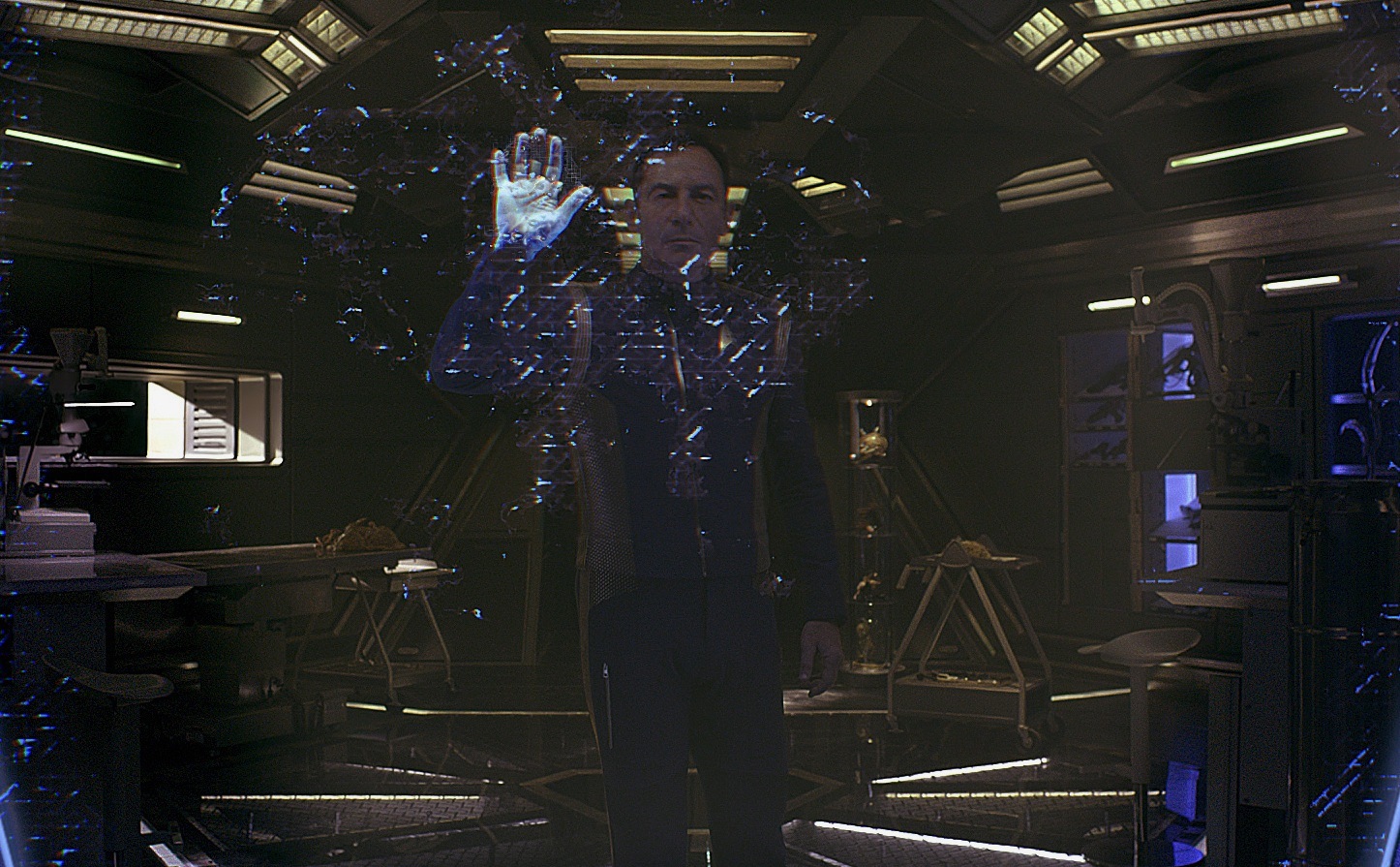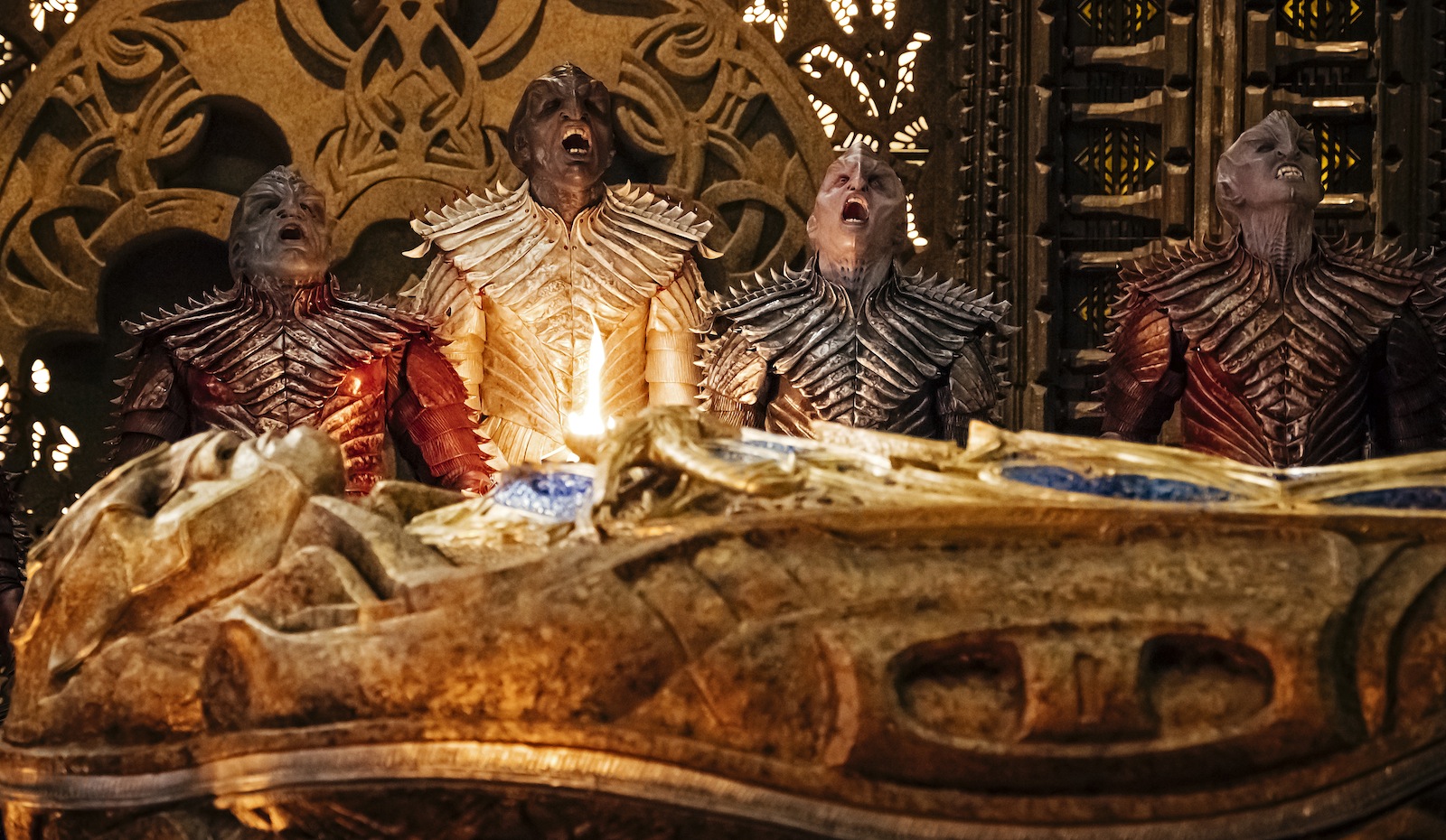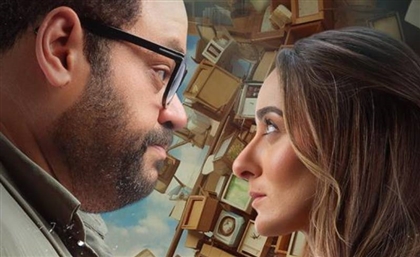Gender, Religion, and Race in 'Star Trek: Discovery' and What This Could Mean for the Arab World
More than just a show for diehard Sci-Fi fanatics, Adam Mowafi argues that new show Star Trek: Discovery, currently streaming on Netflix, is a microcosm of what humanity should be.

Evil empires, wars, resource exploitation; people in the Middle East are not watching Sci-Fi, we are living it. Stranger than fiction, daily occurrences in our corner of the world often do seem like fast paced episodes of a TV show, so it's no surprise that the Sci-Fi genre isn’t as popular in the ME because the fantasy seems all too real.
Star Trek however isn’t just a TV show - it is an institution and has been the inspiration for a lot of the technology we use today from mobile phones to MRI scanners. But more importantly than tech, Star Trek has always been a reflection of the problems facing the world at large. Set in a future where humanity is no longer fighting amongst itself, and poverty, crime, sexual preference, and religion are no longer issues, it was always able to tackle these problems by applying these traits and flaws to other races thereby disarming the watcher from his or her own prejudices and effectively making the audience experience perspectives which may otherwise be uncomfortable thinking about. 
So when asking the cast and writers of Star Trek: Discovery - which currently streams on Netflix - at an exclusive roundtable discussion in London earlier this November, whether they would be touching on the craziness of everything happening right now from ISIS to Trump in a nuanced way where any Middle Eastern based characters would not be reflected in the typical all-Arabs-are-terrorists scenario, their response was refreshing.
“We are telling a story set in the future where gender, religion, and race - where it applies to the human race - are no longer talking points. We may have solved those issues but our audience is living today and deals with them so I think it is our duty to address them," says Aaron Harberts, the executive producer and one of the writers of the show.
We can see this in how Klingons have been portrayed from blood lusting savages in the original series to a complex species with a rich yet turmoiled past. There are fantastic efforts being made to have proper character and species backgrounds, resulting in a far more enjoyable watching experience than the almost caricature-like previous versions expanded from single specific traits.
It was always going to be tough recreating Star Trek for the Game of Thrones generation and in this regard, the Netflix show really has succeeded in being liked by both old hardcore fans of the original and newbies who might feel intimidated by Sci-fi in general. Everything from powerful female leads to an incredibly diverse cast makes Star Trek: Discovery a microcosm of what humanity should be.
As the show progresses on Netflix, its stars have observed how Star Trek fandom has reacted to all the changes. “We found the whole thing very entertaining; getting to know all the Star Trek fans and the people who pretend to be Star Trek fans. The latter are people like white supremacists who are like 'how dare you have black people in the crew?' and we're like 'have you even seen Star Trek before?'" says Jason Isaacs. The British actor, who is perhaps most recognised for playing Lucius Malfoy in the Harry Potter films, currently portrays Captain Gabriel Lorca on the show."What has been really exciting and lovely is to the see level of completely justified caution and skepticism among fans, and to gradually watch them be turned over as they realise Star Trek: Discovery is being made by obsessives who really do love Star Trek as much as they do.”

One of the most interesting things about this version of Star Trek is that it is one continuous story. This isn’t a cartoon where everything resets back to 0 at the end of each episode and that really gives you the time to develop a relationship with the characters, which was something often lacking in most Sci-fi series which could come across clinical and more geared towards tech obsessives.
This really is a Star Trek version for people who don’t just love Sci-fi but for anyone who craves great story telling and an expanded universe which can both inspire and have you think - and in the end maybe it’s worth watching if only to try and grab a screen shot and create a meme as epic as Patrick Stewart's.
The next episode of Star Trek: Discovery will be released on Netflix on January 8th. Head to @NetflixMENA on Instagram to stay updated.
























